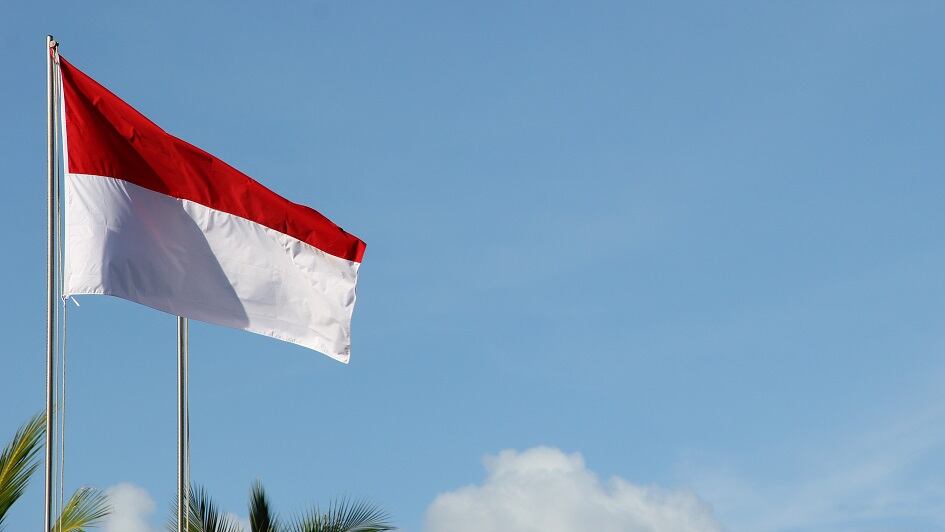A draft regulation, which is awaiting President Joko Widodo’s approval, will enact the long-awaited overhaul Halal certification rules for consumer products and services.
Under the law, which will be implemented on October 17, pending Jokowi’s signature, non-compliance will result in administrative penalties after a three-year grace period.
Potential roadblocks
It is an attempt by the president’s administration to improve efficiency and reduce bottlenecks caused by too many businesses scrambling for certification.
The move will also allow the government to assume greater control of the certification process from clerics, which have hitherto held the monopoly and received criticism for a lack of transparency and instances of corruption.
But businesses are likely to face significant short-to-medium term impacts. Implementation is also likely to raise costs, experts believe, and administrative roadblocks and may prevent businesses from obtaining certification by 2022, when the grace period ends.
According to one assessment: “Compulsory Halal labels will impact on the competitiveness of products imported from abroad as well as Indonesian products exported to Muslim-majority countries.”
The newly formed BPJPH has been tasked with managing Halal certification requests in partnership with the Indonesian Ulema Council and an inspection agency.
Indonesia’s central bank estimates the country’s Shariah economy will grow to US$427bn by 2022.
Under-resourced?
The BPJPH has its work cut out for it to cope with a spike in certification requests in time. Even though more than double the previous year’s number of Halal certificates were issued in 2018, the number is a long way off its target for next year.
As firms rushed to label their products ahead of the law’s implementation the Ulema council released just 17,398 certificates, whereas BPJPH is targeting 100,000 certificates next year.
There have been criticisms that the government agency is under-resourced, but its chief refutes these, pointing to plans to boost the number of auditors to 5,000 by 2020. This influx will be needed to prevent logjams in the system.
“Of course you will get some reaction but it’s going very well,” Prof. Sukoso said the last time CosmeticsDesign-Asia asked on progress.
“Since I was chosen to be the head of the PBJPH, we have been preparing all the systems to implement the Halal certification. Now we are waiting for the president to sign the government regulations to implement the Halal regulations.”




